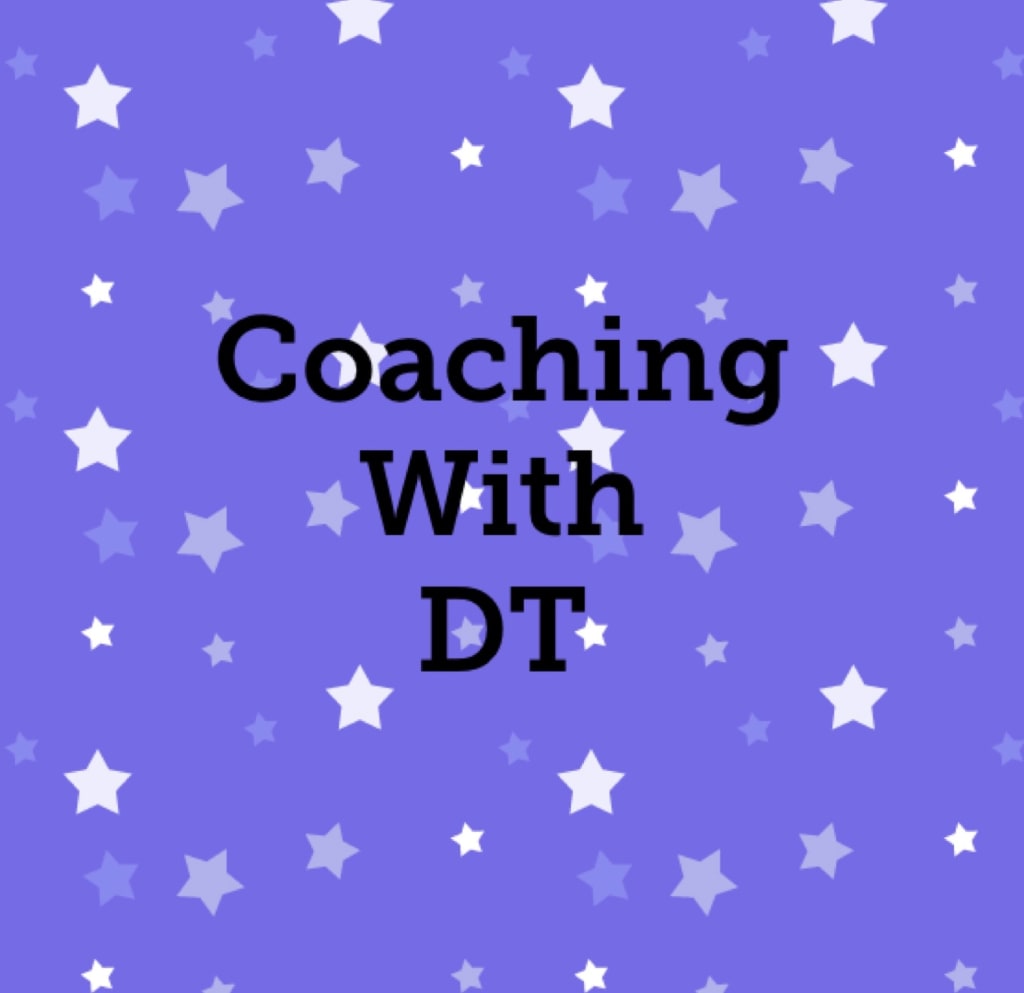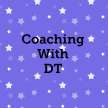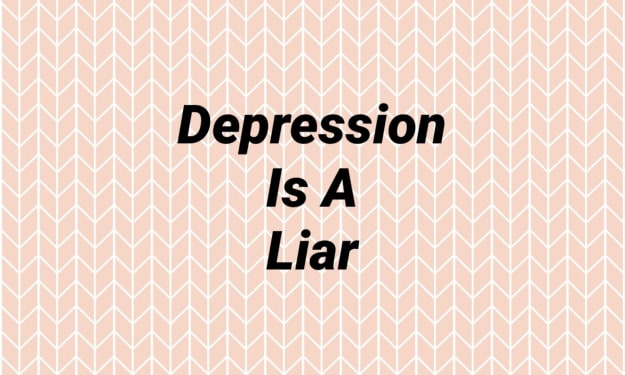Journal Therapy
The benefits and useful information of journal therapy

Journal therapy is an amazing way to help you in a lot of different areas of your life. It shouldn’t be used instead of visiting your GP or counselling but it is great to work alongside the counselling process.
Journaling therapeutically is different to keeping a diary. It’s more organised and direct, using specific prompts and/exercises. Journaling is also about analysing events alongside your thoughts and emotions of them.
Journaling is a great way to identify your emotions and experiences as well as help you to recognise them in the future.
Journal therapy can help in many areas of your life such as trauma recovery, relationship challenges, personal or work stresses, grief, addiction, anxiety and depression to name a few.
A list of benefits to journal therapy:
-reduces stress
-helps regulate emotions
-helps you release built up negative emotions
-boosts your working memory
-improves your overall wellbeing and outlook on life
-helps boost your mood
-helps to identify areas of stress
-helps develop your emotional intelligence
-helps you to achieve your goals
-enhances your personal empowerment
-journaling encourages a positive mentality and thinking.
Journal therapy can help you to understand why you are doing what your doing. It also requires you to commit to being honest about how your feeling and your thoughts connected to it. A good tip is to date your work. This can help when reviewing your work in the future.
Pen and paper will give you the most benefit, however a tablet or iPad will still give you benefit.
If you decide to begin journaling a good idea is to set aside some time so you can focus away from distractions so things like once the children are in bed, turn off the tv and put your tech items down. If you don’t like silence then a little music quietly on in the background can help. Give yourself a few minutes after you have done your journaling work to collect yourself and your thoughts about each experience of journaling and reflect a little on how you feel.
Journal acronym: below is an acronym to help you set out your work-
J- judgement free, don’t judge yourself on what your writing. You have committed to honesty so judging yourself won’t help
O- observation, observe what feelings your journaling brings up for you and note them down
U- understanding, having an understanding of what you experienced and don’t be hard on yourself for feeling the way you do no matter how ‘wrong’ or ‘silly’ you may feel. You can’t help how you feel
R-revaluation, if something surprising comes up for you while journaling write it down. This can be great for insight and reflecting back on at a later date
N-needs assessment, assess how you feel about what you have written at the end of your journaling session
A-awareness, what does your journaling bring to your awareness?
L-life, it’s your journal, your life. There is no right or wrong way to feel. Your journal should be private (unless you want to share it) so your experiences are what should be noted as it’s your life, no one else’s
Exercises: below is a list of exercise prompts to help you get started.
-weekly work through (describing all the emotions and experiences of the previous week and work through any feelings that came up for you)
-write a list of your positive qualities
-do an indent letter to someone who has negatively impacted you in your life
-write about your youngest memory
-write about a negative experience that you took a positive away from
-list things that make you happy, angry and sad
-break your life/partner/dream job down into small steps for you to achieve
-what’s the bravest thing you have ever done
-write a letter of advice to your younger self
There are a number of areas that you can journal about including journaling about your gratitude, daily reflection, dream analysis, goals or personal.
Journaling prompts: below is a list of prompts that can be used to help if you’re struggling to find a starting point.
-my favourite thing that happened today was...
-I can’t imagine living without...
-I really wish other knew ...... about me
-describe yourself in less than 10 words
-I felt most proud of myself when I...
-I’m happiest when I’m...
-I’m saddest when I’m...
-I’m most angry when I’m...
- what your perfect day looks like
-what emotions have I felt today
-what are your triggers of stress
-3 things you are grateful for today
-what’s the best day you have had recently
-explore the first memory of a major life event that comes to mind
-think of 15 self care things you like to do for yourself
-I’m at my most confident when...
-am I happy with my life now, then explore
-how do I handle stressful situations
-what is the one thing you want to improve in
-what do you love in your life
-what could you do to improve your life
-favourite activities
-one new thing you want to learn
-what food puts you in a good mood
-what are your strengths
-what are your weaknesses
-what could you do to embrace and improve your weaknesses
-what scares me most
-my top 10 favourite things
-what could you do to help improve yourself the next time you feel stress coming on
-I feel...
-I am....
After you have been journaling for a while you may notice you use less prompts and the things you want to work through in hour head are a little clearer because your beginning to get used to the process. You can also look back and see if their are any links in emotions, thoughts, feelings and/or behaviours and are they linked to anything? See if you can notice any patterns forming and journal about how you want to overcome these patterns now you are aware of them.
There is no right or wrong way to journal. Remember honesty and focus on what you want to work on within yourself. Enjoy your journey to a becoming a calmer and more in control version of yourself.
Coaching With DT x
About the Creator
Coaching with DT
qualified counsellor and life coach as well as many other areas such as anxiety, depression and journal therapy. A lot of life experience along the way too.






Comments
There are no comments for this story
Be the first to respond and start the conversation.